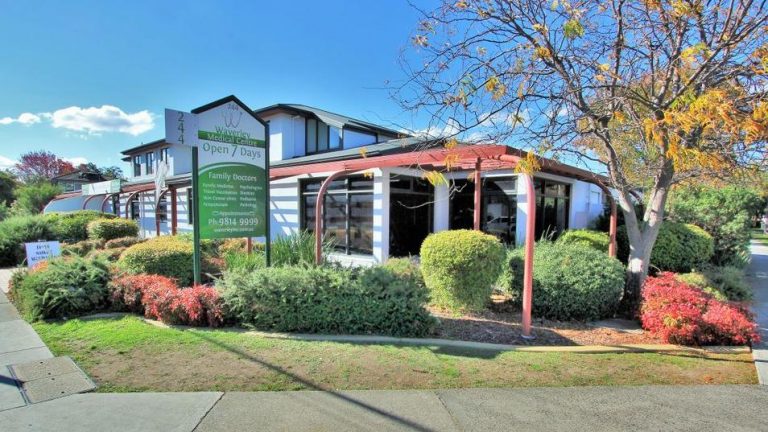Banks announce relief for commercial property landlords who help tenants

Australia’s banks have offered new and unprecedented protection and relief for commercial property landlords and tenants as they face the financial challenges brought on by the coronavirus.
But landlords who take a hard line with tenants can expect little in the way of support.
More businesses with a bank loan will now be eligible for support that includes being able to defer loan repayments for up to six months in a bid to help them survive the COVID-19 pandemic, under a raft of measures introduced by the Australian Banking Association.
Under the new measures announced on Thursday, the threshold for businesses being eligible to defer payments has been increased from those with $3 million in loans to any business with up to $10 million in loans.
The increase means more than 30,000 additional businesses will have access to the deferral program.
The news follows the Federal Government’s announcement of a moratorium on commercial property evictions for six months, as thousands of Australian businesses struggle with the impact of being forced to scale back or close their premises.
While the relief from the banks also includes landlords with bank loans, it is contingent on landlords not terminating leases or evicting tenants that have been impacted by the pandemic.
In a statement, the ABA says the measures apply in all sectors of the economy “on an opt-in basis”, under the following conditions:
- For commercial property landlords, they provide an undertaking to the bank that for the period of the interest capitalisation, they will not terminate leases or evict current tenants for rent arrears as a result of COVID19
- the customer has advised that its business is affected by COVID-19
- the customer was current in terms of existing facilities 90 days prior to applying
- interest is capitalised – meaning either the term of the loan is extended or payments are increased after the deferral period.
ABA CEO Anna Bligh says the assistance package will help the vast majority of Australian businesses.
“As this crisis has deepened and more businesses are affected we are building on the Small Business Relief package to ensure more businesses are given a lifeline to help them survive through the coronavirus pandemic.”

Landlords must provide relief for tenants in order to receive bank assistance.
Bligh confirmed the assistance would only be available to businesses and owners who provided similar assistance to others.
“The type of businesses this applies to includes commercial landlords of properties such as local shopping centres, pubs, clubs and restaurants, who must agree not to terminate leases or evict current tenants for rent arrears due to COVID19 in order to access support,” she says.
“This will help protect many more thousands of small businesses from being evicted if they are struggling to pay the rent as it covers approximately 90% of commercial property owners who have loans with an Australian bank,” Bligh says.
“Where landlords within this threshold do the right thing by their tenants, banks will do the right thing by them.”
Businesses with more than $10 million in loans may also be eligible for assistance, but are being considered on a case-by-case due to their more complex structures.
The measures have been announced pending authorisation from the ACCC.
Earlier, Prime Minister Scott Morrison announced a moratorium on evictions until at least the end of September, as businesses nationwide count the cost of dwindling trade or forced closures due to COVID-19.
Mr Morrison called on landlords to help tenants during their time of need and come to an arrangement that would keep businesses viable while they ride out the crisis.
“Now there is a lot more work to be done here and my message is to tenants, particularly commercial tenants and commercial landlords is a very straight forward one: we need you to sit down, talk to each other and work this out,” he said on Sunday night.
“The national cabinet also considered this evening issues relating to commercial tenancies as well as residential tenancies, and they agreed (on) a series of principals, which I will release through the statement. The most significant of those is that state and territories will be moving to put a moratorium on evictions of persons as a result of financial distress if they are unable to meet their commitments.”







